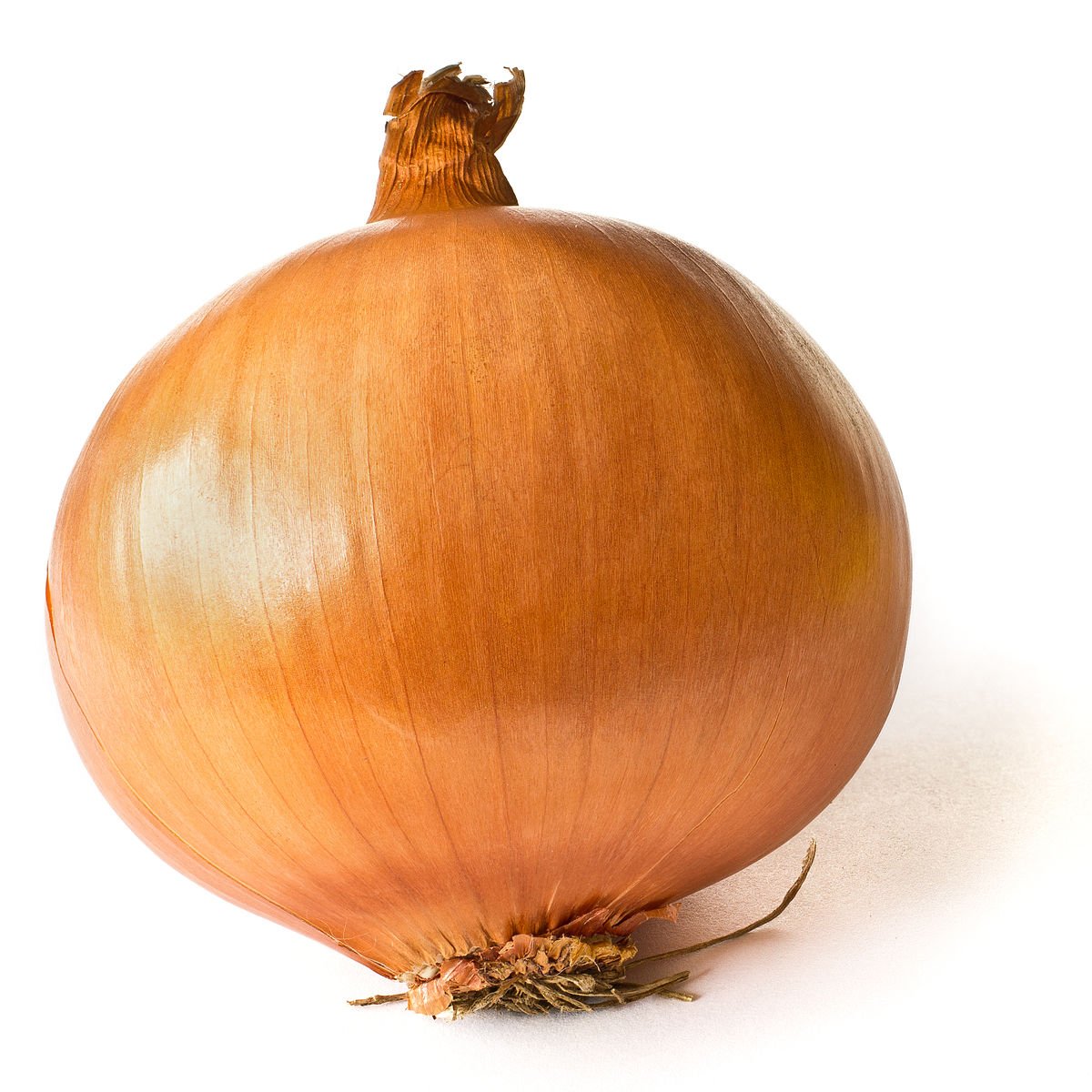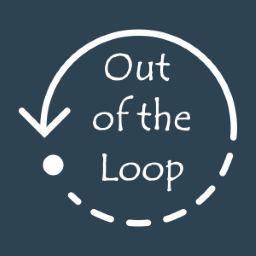

To expand on why I don’t like duolingo it’s because you can’t structure the lessons and the material to work best for you
Genki and quartet which I will do after genki is part of my own personalised lesson structure
By gathering your own resources you can structure the lessons best for you


















I watched a sbs video on his “response”
It’s very obvious from the video that he knows he’s fucked and saying shit in hopes it’ll save him which it wont